Ongi Etorri
Beizama (ES) - Winner

TEAM DATA
Associates: Clara Alsedà Rodríguez (ES), Pol Mensa Biosca (ES), Jordi Olivella Cirici (ES), André del Río Ares (ES), Cynthia Rosalía Rabanal Llaudy (ES), Juan Carlos Martín Florit (ES) – architects
oe.proiekt@gmail.com
IG: oe.proiekt
See the complete listing of portraits here
See the site here
TEAM PORTRAIT
VIDEO (by the team)
INTERVIEW
Click on the images to enlarge
1. How did you form the team for the competition?
Our common ground is the School of Architecture of Vallès (ETSAV) where we have been studying, researching and working. While most of us were facing our Master Thesis, we saw Europan16 as a great opportunity to start transitioning from the academical to the practical or professional world.
2. How do you define the main issue of your project, and how did you answer on this session main topic, Living cities?
The team framed two main topics. The first one was to come up with a productive and residential model that could showcase a catalogue of living scenarios that would be able to evolve at the same pace as its inhabitants. On top of that, we felt that each dwelling should be read as a house, with direct access to the ground and in contact with its natural surroundings.
The second was to define a strategy to break the vicious circle Beizama finds itself in: the small population hinders the profitability of private services, but the lack of these services does not promote repopulation. To guarantee stability, we have added new services that will accompany the new homes.
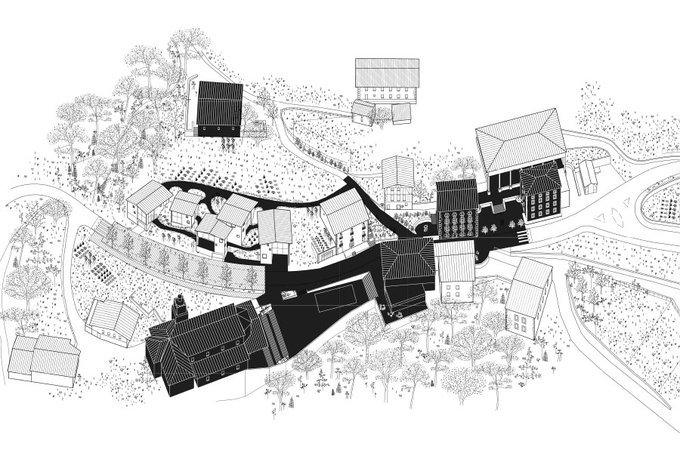
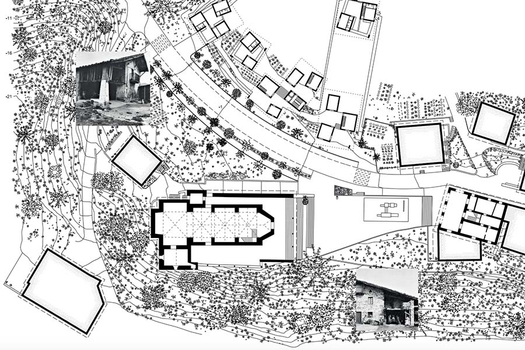
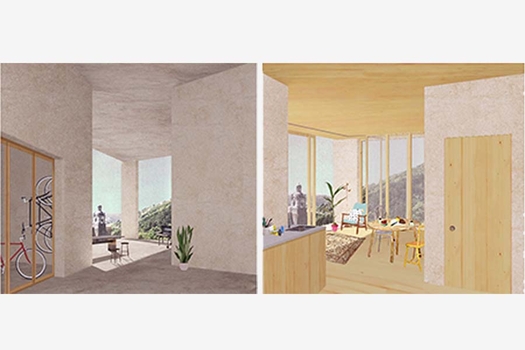
We tackled the Metabolic aspect through the incorporation of an economato and the creation of a social economy company. We believe this will help Beizama achieve a greater socio-economic stability, as well as act as a catalyst for further development and population growth, thus gaining greater autonomy and improving its relationship with the territory.
At an Urban scale, the project proposes a succession of sheltered public spaces that structure a network of paths, providing universal access to each of the houses and creating a direct relationship between productive, social and private spaces. Each dwelling has the capacity to adapt and evolve as the needs of its inhabitants change.
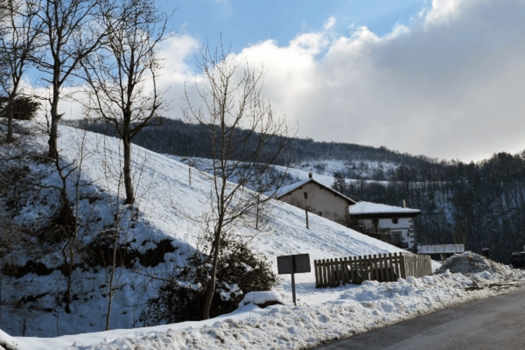
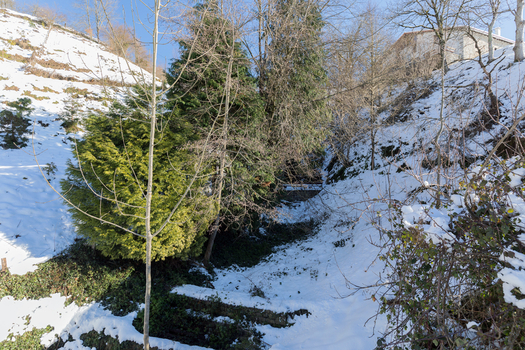
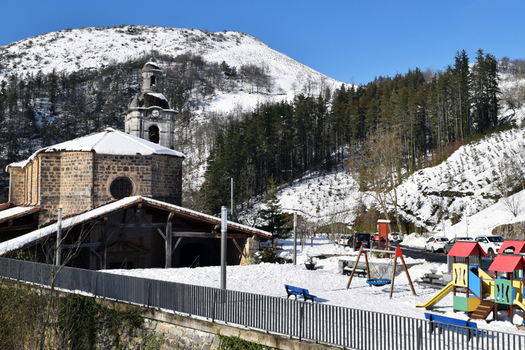
Not exactly. In some academic work we did explore the topics of productive housing and territories, but never in such a rural context. That is one of the reasons why we were so interested in Beizama.
One of our main inspirations was the vernacular architecture of Basque farmhouses - caseríos- as the closest example of rural productive residential unit in that territory. We were also interested in traditional exterior covered spaces, understood as the protagonists of social activities in such climate context.
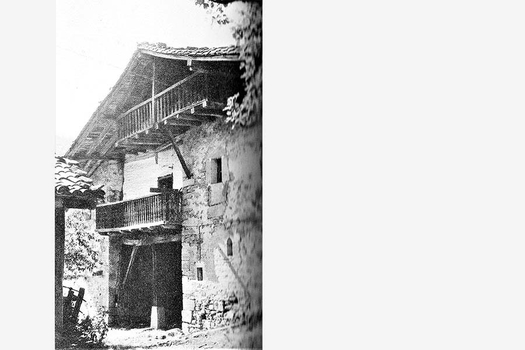
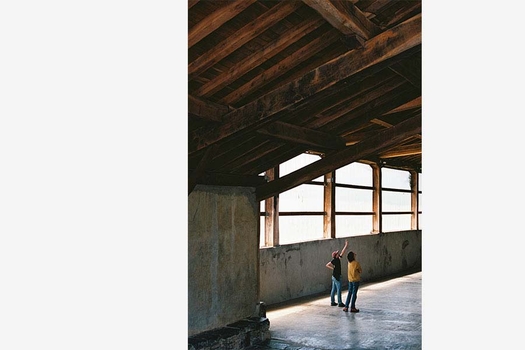
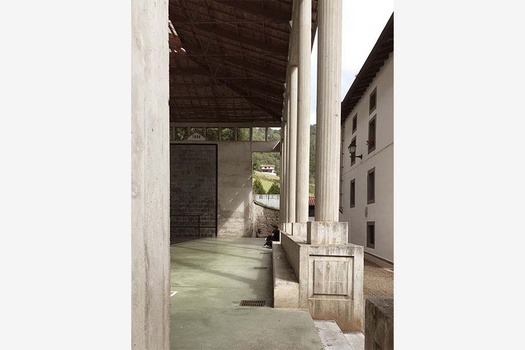
The terms and conditions of this particular location called for a higher level of specificity than what is usual in other Europan competition sites, because the idea of the Basque Government is to start building it in a relatively short period of time. This is both an opportunity and a responsibility and we wanted to make sure that all participant actors would be comfortable with our proposal.
To complement our previous research, we started with an early visit to Beizama and interviewed some of its neighbours. This allowed us to design a solution that is both site specific and flexible enough to adapt and incorporate future changes, during the upcoming phases of the project -along with the Basque Government- and its posterior life as a part of Beizama's community.
6. Is it the first time you have been awarded a prize at Europan? How could this help you in your professional career?
Yes. We are a young team, so winning a competition such as Europan is a great incentive to continue researching and developing our common imaginary, while giving us visibility and the opportunity to become part of an active community in the early start of our careers. On top of that, the consequent commission of a project of these characteristics by the Basque Government, our first as graduate architects, will give us a momentum much appreciated.
TEAM IDENTITY
Office: no office yet
Function: Architects
Average age of the associates: 25 years old








